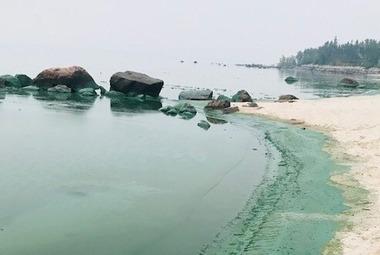Manitoba’s government must take accountability for phosphorus compliance

Manitoba’s government continues to ignore its own complicity in ongoing delays to upgrades at Winnipeg’s North End Water Pollution Control Centre (NEWPCC), caused by prohibitively high project costs associated with unnecessary regulatory requirements.
In a July 15 letter to the city, Manitoba’s Environmental Approvals Branch rejects the city’s request for a deadline extension to 2032 for upgrades to the north end sewage treatment plant, claiming that “the department cannot accept the City of Winnipeg’s proposal to extend the deadline for completion by two years at this time.”
Yet the provincial letter goes on to note that in the course of future discussions, provincial regulators “may be prepared to re-evaluate the project completion date.”
No extension now… but maybe later?
The province clearly already knows that its twice-extended 2030 deadline for discretionary NEWPCC upgrades won’t be met. So why isn’t Manitoba’s minister of environment and climate change, Mike Moyes, taking evidence-based steps to accelerate phosphorus compliance to protect Lake Winnipeg?
a cost-effective solution for accelerated phosphorus compliance
Decades of scientific research from IISD Experimental Lakes Area have demonstrated that excessive phosphorus drives the growth of harmful algal blooms in freshwater ecosystems. A chemical phosphorus-reduction system is now operational at NEWPCC; this is a cost-effective, proven solution used by many other jurisdictions across North America.
We continue to call on Environment and Climate Change Minister Mike Moyes to amend NEWPCC’s provincial operating licence to require that the phosphorus limit of 1 mg/L be met through chemical phosphorus reduction as part of the new biosolids facilities project.
Scaling up chemical phosphorus reduction to achieve phosphorus compliance within the scope of a funded project means evidence-based protections for Lake Winnipeg will be in place as soon as possible. (Read our news post for more information on how you can get involved in current advocacy efforts.)
Together with our members, we are committed to holding our provincial government accountable to its responsibility for the health of our shared waters. Instead of perpetuating further delays by offloading blame to the City of Winnipeg, Manitoba’s elected leaders must take action to facilitate evidence-based progress.